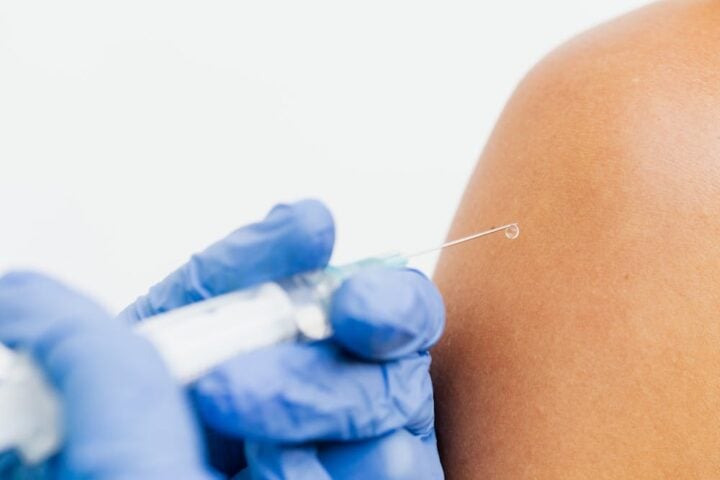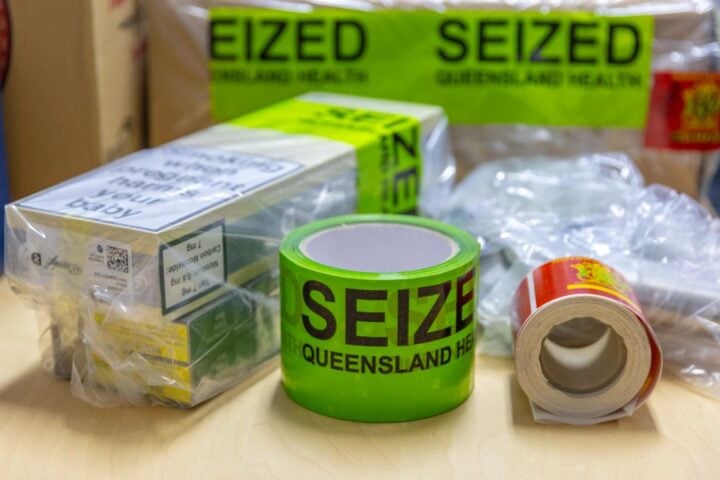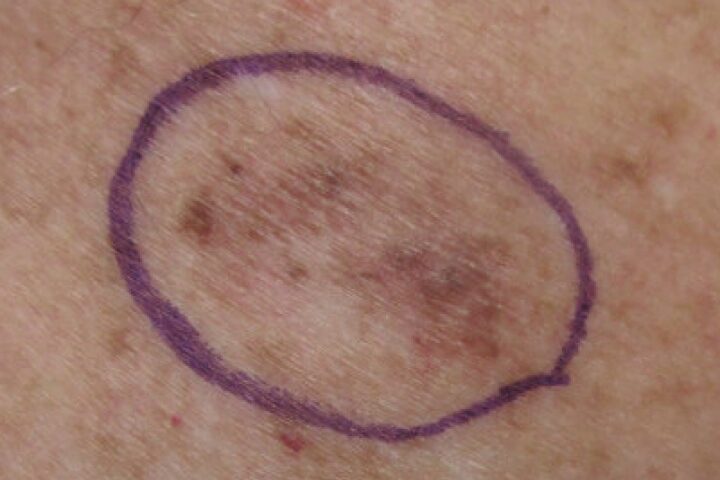On World Mental health Day, WHO is approaching States in the South-East Asia Area to escalate activity to accomplish access for all to quality mental well-being care, in accordance with the as of late taken on Paro Declaration on widespread admittance to individuals focused mental wellness care and administrations. Universally, before the Coronavirus pandemic, around 1 from every 8 individuals lived with an emotional health condition. Constraints in treatment were unsuitably enormous, particularly in low-and medium paying nations. In the South-East Asia area, an expected 1 of every 7 individuals dwell with an mental health condition, and in nations where information are accessible, the treatment cavity worsened from 70-95%.
A report by the WHO brings to notice the pressing need to expand perspectives and ways to deal with emotional well-being while likewise constructing new designs and reinforcing frameworks for emotional well-being. The report is the most broad survey of the numerous psychological well-being frameworks overall and gives a structure to states and organizations to all the more likely shape the world’s emotional well-being frameworks. The report causes suggestions in 3 general classifications that will to ideally all work together to change the ongoing emotional well-being scene.
The main arrangement of steps means to build the significance and responsibility we put on psychological well-being. The initial step will be about expanding speculations for psychological wellness and raising the monetary as well as accessibility for mental well-being assets. As a part of this process, they will be meant to help the production of strategies on a strong evidential premise. They zeroed in on eliminating the shame encompassing psychological maladjustments, expanding consideration for those experiencing them, and advancing civil rights.
The second series of steps expect to roll out primary improvements to the different designs and networks that would better assist with tending to the social determinants of mental wellness. Homes, neighborhoods, schools, working environments, and medical care administrations can all influence parts of psychological well-being. Addressing these underlying determinants creates support designs to diminish negative possibilities, assemble versatility, and eliminate obstructions to better mental wellness.
The third and last rundown of measures will further develop emotional wellness care is evolving where, how, and by whom it is conveyed and occurred. The WHO suggests building emotionally supportive networks in view of local area. Their plan incorporates moving away from the model of mental consideration that includes holding patients in guardianship to one which upholds a more comprehensive model of administration and care.
The WHO report has made these suggestions in the wake of figuring in the wide commonness of psychological sickness, which has risen during the pandemic. There also exists a strong stigma against mental health, which has lessened in recent years but remains strong. Many countries often pathologize and shift unfair amounts of blame onto victims of mental health disorders. They are often victims of further discrimination in fields of employment and education. Individuals who are experiencing psychological instabilities are probably not going to get support. As per their report, 70% of individuals who experience the ill effects of infections like psychosis don’t get treatment for their condition, and just ⅓ of individuals who have gloom get treatment. These elements drove the WHO to make its three-pronged arrangement, which could assist with moving the world into another period.

















